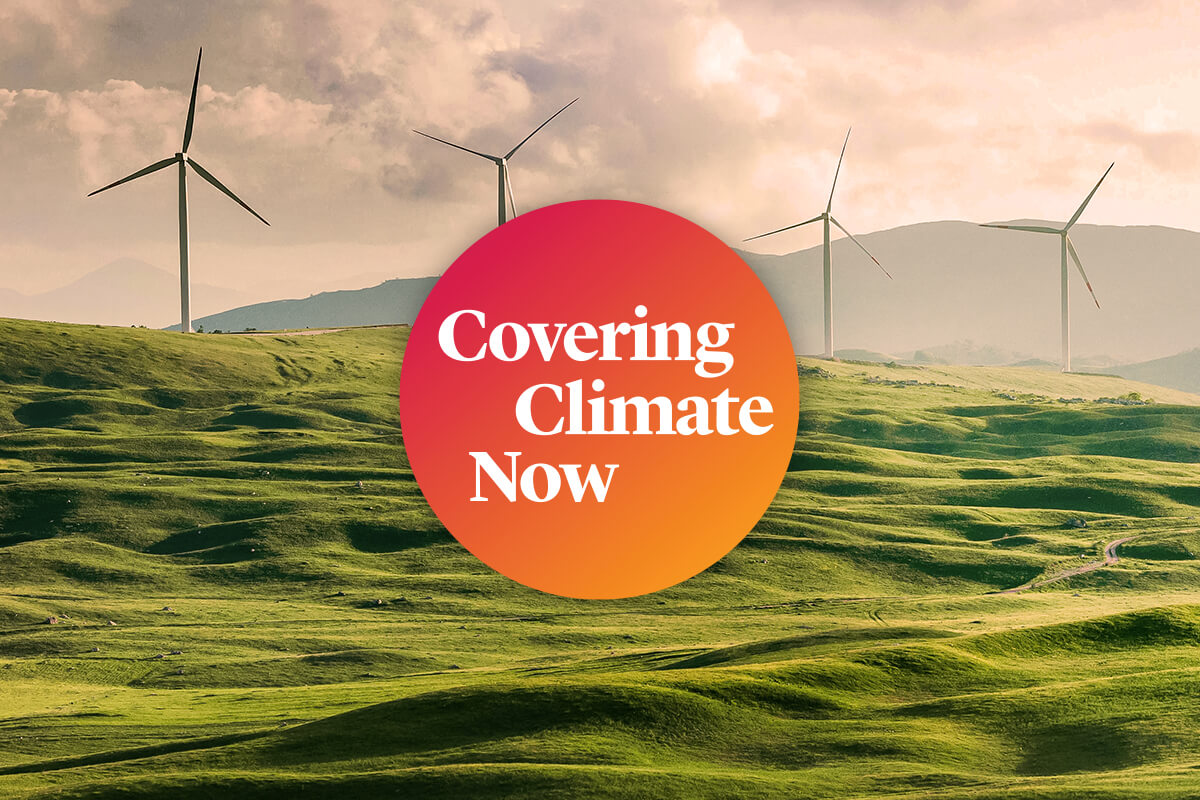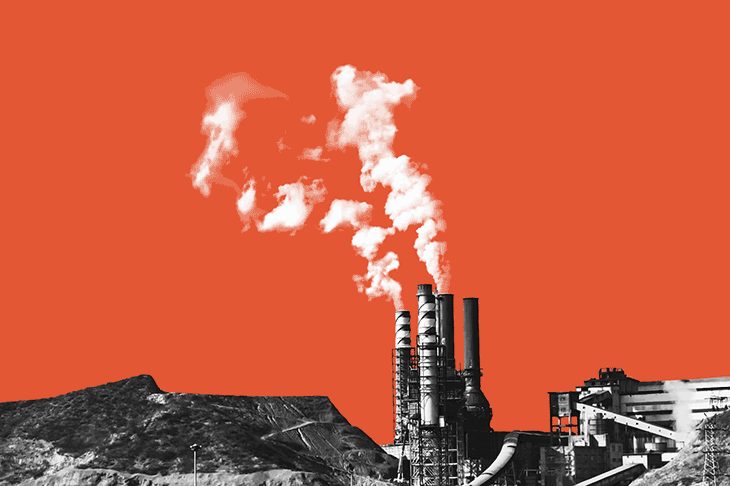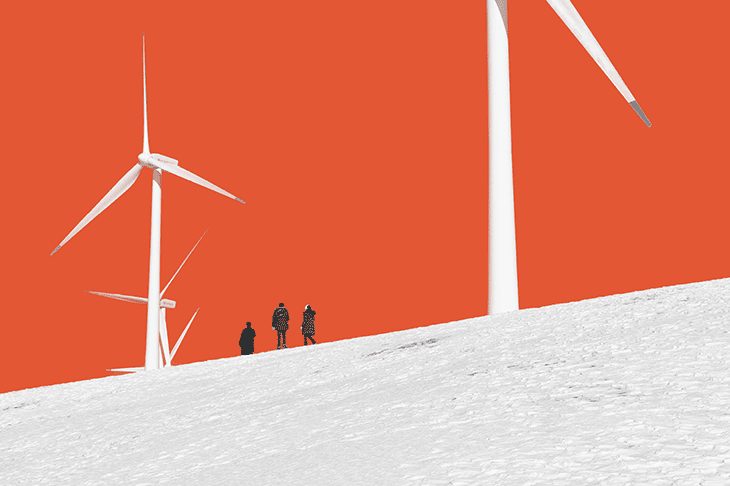Covering Climate Now, the global media collaboration, is expanding its newsroom training initiatives to strengthen climate coverage on local TV stations across the US.
The project, called The Climate Station, builds on Covering Climate Now’s existing work with its 600 media partners around the world, and includes free, customized training to help local stations cover climate stories more effectively.
The effort comes as audiences increasingly see enhanced climate reporting as a critical part of effective local reporting, and as local television has solidified its standing as a trusted source of local news.
The Climate Station training program, designed by journalists for journalists, will span four sessions over eight weeks, followed by six months of ongoing support and feedback, and will be led by Covering Climate Now’s global team, which already works with network-owned television stations across the US. The Climate Station participants will receive a certificate of completion.
Learn more about the training program’s four sessions, which will be customized for individual stations:
- Local Climate Stories That Matter highlights the basics of climate science, the importance of climate change coverage, including solutions, and demonstrates its appeal to local TV audiences.
- 10 Climate Myths, Debunked identifies common misconceptions about climate science and provides guidance on how to react when confronted with misinformation or disinformation, empowering viewers to make informed decisions.
- Climate Change & the 2024 Election explores the climate angles to political stories. It guides reporters on the key climate-related questions to ask in their local market, connecting politics with the concerns of local audiences.
- Climate Stories for Every Beat exemplifies how climate change impacts people´s lives, from weather and health to jobs, business, and politics, and offers tips to help journalists link extreme weather events with climate change.
While local television stations across the country are welcome to participate, space is limited. More information can be found at the application link below.
For inquiries, please contact Elena González at elena@coveringclimatenow.org


